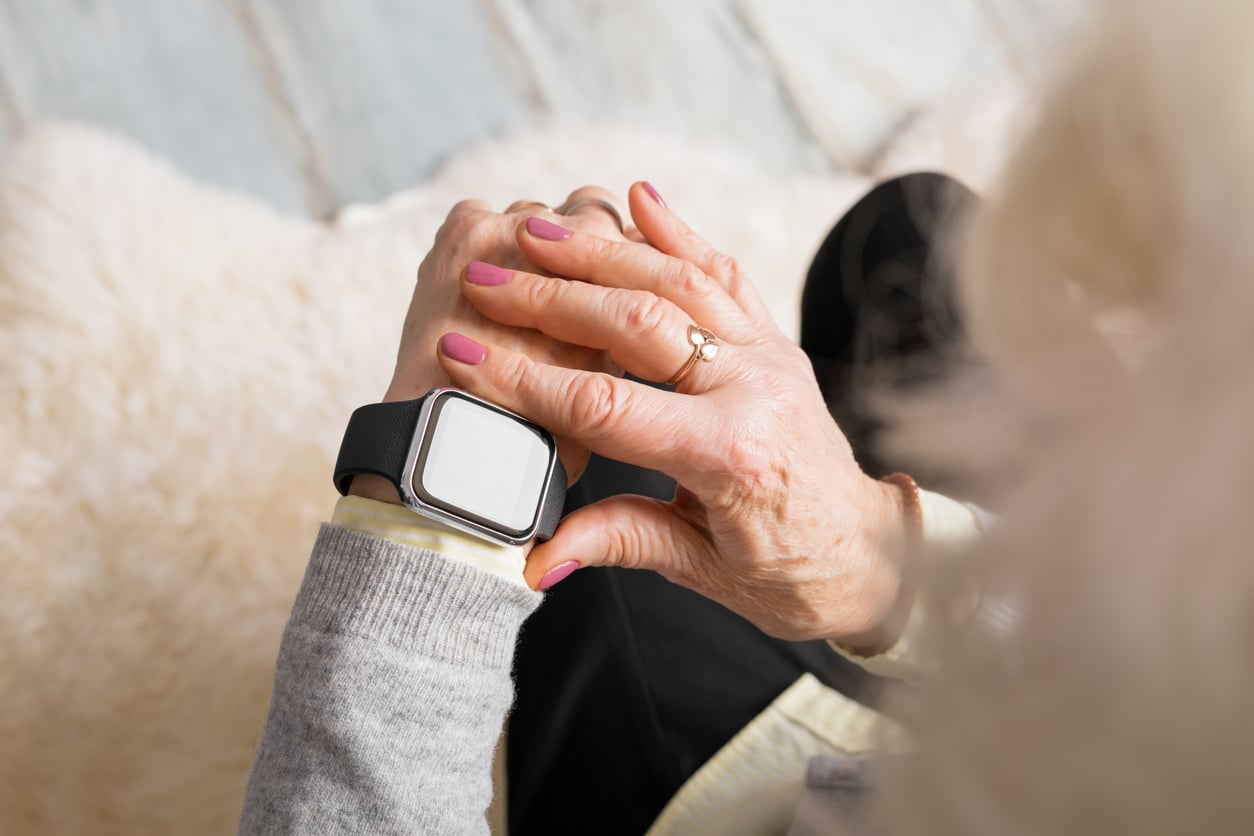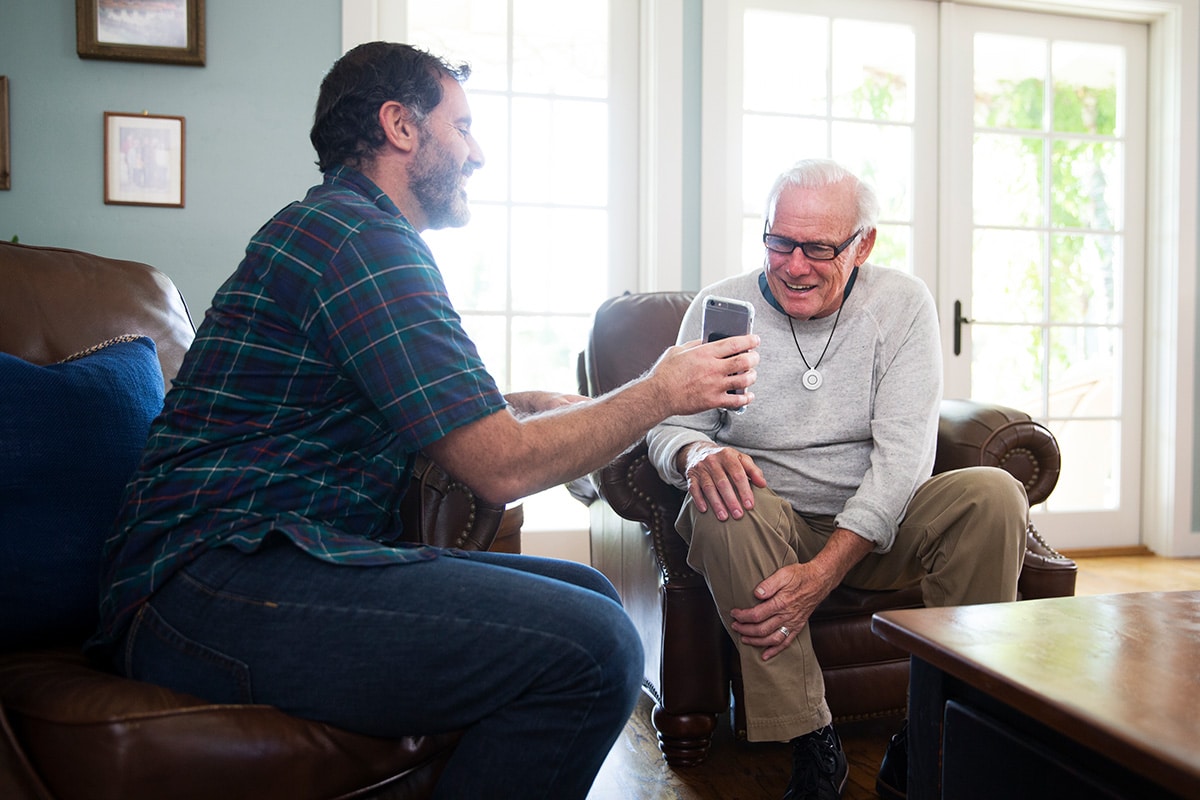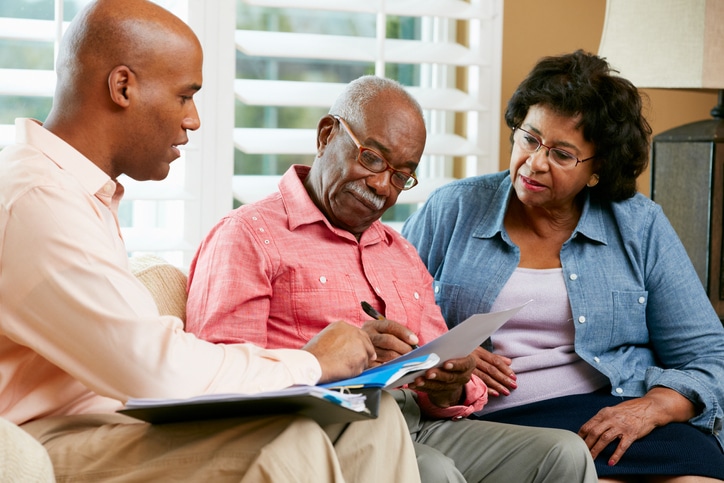The market is filled with a variety of options for medical alert devices. When you’re considering one for you or your loved one, you’ll discover that a number of companies offer similar products. Each, however, has its own set of pros and cons. To decide on the best device for your needs, opt for one that is reliable and convenient and which has the features you need at a good price.
Fortunately, the majority of medical alert devices are affordable. However, keep in mind that Medicare and most insurance companies won’t cover the cost of these devices. In general, typical systems require a monthly fee of about $20-$50, depending on the service provider and the sophistication of the service or system.
Most medical alarm systems offer similar components. Medical alert systems typically include a home base communicator with two-way communication capabilities, 24/7 monitoring by live operators, and a panic button that can be worn as a pendant or bracelet. Extra features may incur additional fees.
Features you may want to add to a basic alert system include:
Key lockbox
Some companies will offer a secure key lockbox for your home. This lockbox gives first responders access to the house even when you can’t reach the door to let them inside.
Carbon monoxide and smoke alarm monitoring
If you’re incapacitated by carbon monoxide poisoning or overcome by smoke, first responders will be notified automatically. Of course, if your home security system already comes with this benefit, there’s no reason to pay extra for it.
Additional buttons
If you have more than one senior living in your home, you may want to consider adding an additional button device for each. Some companies offer these at no additional cost, while others charge a modest fee.
Check-in service
Some services offer scheduled check-ins for clients. This means they can call regularly to make sure everything is okay. In some cases, similar services such as appointment and medicine reminders are available. This may be well worth the extra monthly fee if it makes you feel more confident about living alone.
Fall detection
Some medical alert systems come with fall detection technology. For individuals with a history or risk of falling, this technology can be an ideal solution. With this technology, when a fall occurs help can be sent even when the button on the pendant is not pressed. Learn more about Lifeline’s automatic fall detection technology.
Mobile options
For individuals who need protection away from home, there are mobile medical alert systems available. These systems have GPS so help can be sent anywhere needed. Learn more about Lifeline’s mobile medical alert system.
A good place to start your research process is to talk to your doctor or caregiver about your healthcare needs. Lifeline was the first to provide a personal alert service in North America and has remained the number-one provider with the largest subscriber base to this day. Learn more about Lifeline’s medical alert systems.




